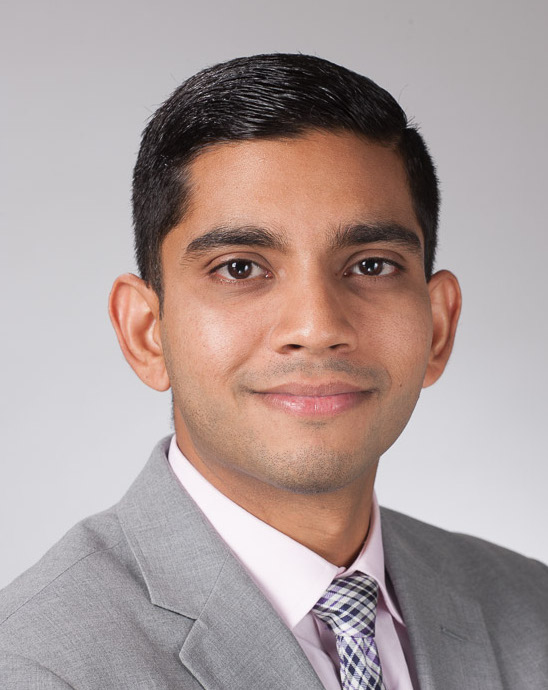Self Study Module 2: What's New in the Treatment of NMSC
October 25, 2021
Primary Audience:
Dermatologists, Oncologists
Vishal Anil Patel, MD, FAAD, FACMS
Director of Cutaneous Oncology, GW Cancer Center
Director of Dermatologic Surgery, GW Department of Dermatology
Assistant Professor of Dermatology & Hematology/Oncology
George Washington University School of Medicine & Health Sciences
 Vishal Patel, MD, FAAD, FACMS is board certified in dermatology, Assistant Professor of Dermatology at the GW School of Medicine & Health Sciences, and the Director of the Cutaneous Oncology Program at the GW Cancer Center. Dr. Patel is a fellowship trained Mohs micrographic surgeon who specializes in cutaneous oncology and reconstructive surgery. He received his medical degree from the University of California Los Angeles, David Geffen School of Medicine and completed his dermatology residency training at Columbia University Medical Center in New York City where he served as Chief Resident. He subsequently completed a fellowship in Mohs Micrographic Surgery and Cutaneous Oncology at Columbia University Medical Center. He is a fellow of the American Society of Dermatologic Surgery, the American College of Mohs Surgery, and the American Academy of Dermatology.
Vishal Patel, MD, FAAD, FACMS is board certified in dermatology, Assistant Professor of Dermatology at the GW School of Medicine & Health Sciences, and the Director of the Cutaneous Oncology Program at the GW Cancer Center. Dr. Patel is a fellowship trained Mohs micrographic surgeon who specializes in cutaneous oncology and reconstructive surgery. He received his medical degree from the University of California Los Angeles, David Geffen School of Medicine and completed his dermatology residency training at Columbia University Medical Center in New York City where he served as Chief Resident. He subsequently completed a fellowship in Mohs Micrographic Surgery and Cutaneous Oncology at Columbia University Medical Center. He is a fellow of the American Society of Dermatologic Surgery, the American College of Mohs Surgery, and the American Academy of Dermatology.
Prior to joining GW, Dr. Patel was the Medical Director, Dermatology at Science 37, a digital clinical trials company where he oversaw the dermatologic clinical trials research unit. Previously, he was an Assistant Professor of Dermatology at Columbia University Medical Center where he served as the Director of the Division of Mohs & Dermatologic Surgery and oversaw the surgical services at the Columbia University Department of Dermatology. Dr. Patel is an expert in high risk skin cancers in immunocompromised patients. During his time at Columbia, he directed the High Risk Skin Cancer clinic, which provided dermatologic care to high risk patients, including transplant recipients, patients with leukemia and lymphoma, and those living with HIV.
Dr. Patel is a part of the GW Cancer Center where his expertise is in cutaneous oncology include Mohs micrographic surgery for melanoma, high risk squamous cell and basal cell carcinomas, Merkel cell carcinoma, complex reconstructive surgery, and the medical management of high risk skin cancers in immunocompromised patients. He has extensive experience working with the pharmaceutical industry and in clinical trials. His research interests focus on the medical and surgical management of high risk squamous cell carcinoma.
Additionally, Dr. Patel has a special interest in global health. He initiated and led the Global Health Dermatology program at Columbia University Medical Center, which provides skin cancer and dermatologic care to patients in parts of Southern Africa. He works with albino support groups in the region to provide skin cancer care and education. Dr. Patel is passionate about complex skin cancers and is routinely invited to lecture at national meetings on this topic and has published a multitude of peer-reviewed manuscripts, book chapters, and has received grants to support cutaneous oncology and global health research.
